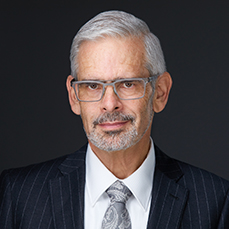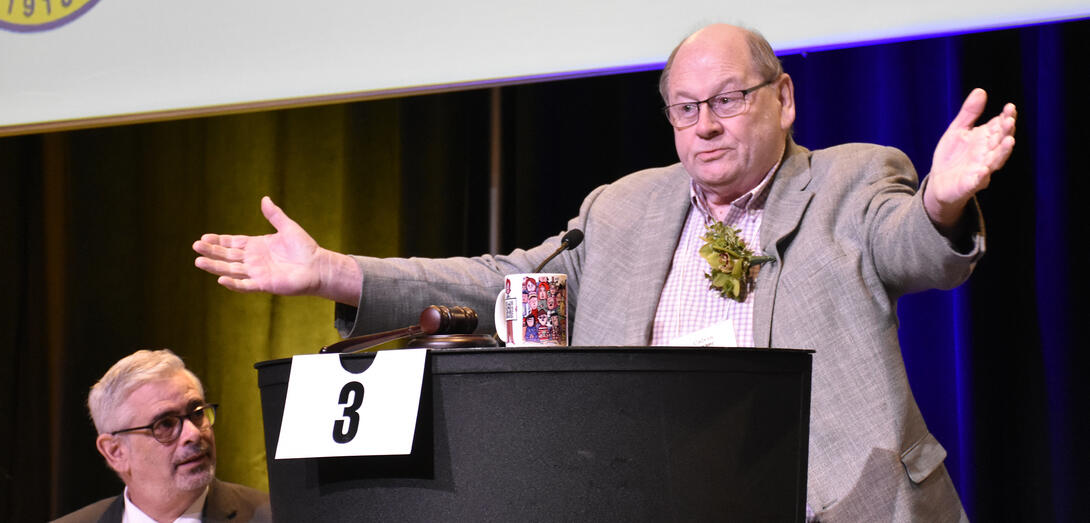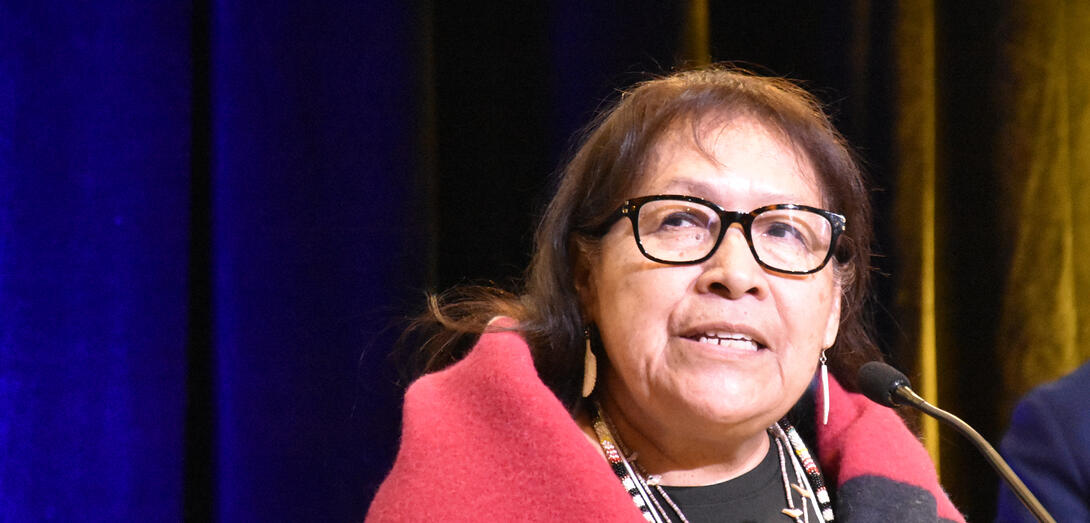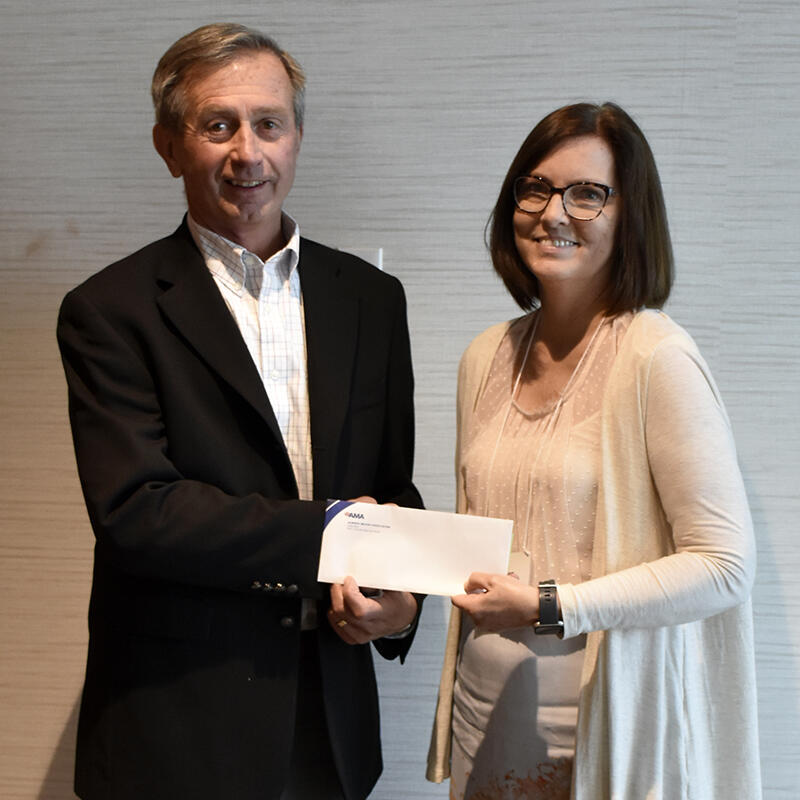Question: Why isn’t the Association speaking out on what’s taking place in Gaza?
Answer: Like many of you, I have watched with horror coverage of the vicious attack launched by Hamas on October 6, 2023, which claimed the lives of 1,143 men, women and children in southern Israel, of whom 766 were civilians, and of the subsequent Israeli invasion of Gaza that to date has resulted in the deaths of over 35,000 Palestinians, at least half of whom are children and women. Over the last several months, Israeli forces have systematically destroyed housing and infrastructure serving the 2.14 million inhabitants of the narrow strip of land bordered by Israel, Egypt and the Mediterranean. At the same time, Hamas and allied groups have continued to launch rockets into Israel.
Many Alberta Teachers’ Association members have voiced their deeply felt desire that the ATA should take a public stance on the situation in Gaza, noting the deaths of students and teachers and the destruction of schools and universities. Others are concerned that such statements would be one-sided and contribute to increasingly frequent and troubling expressions of antisemitism, citing the long history of hatred and persecution of Jews. To be clear, positions regarding the conflict do not break neatly on religious or national or partisan lines. Like the conflict itself, the questions, reactions and sentiments it raises are complex.
And this is a good place to start. Provincial Executive Council considered whether it should weigh in on the matter and determined, after careful thought and discussion, that it should not. The rationale for that decision begins with the fact that the Association has no particular expertise, standing or influence with respect to the Gaza conflict, and that members hold diverse views on the subject.
Furthermore, articulating a position with respect to a specific geopolitical issue, with no apparent impact on Alberta teachers or public education, falls outside the legislated objects of the Association as set out in the Teaching Profession Act. These objects include advancing and promoting the cause of education in Alberta, improving the teaching profession, arousing and increasing public interest in education and cooperating with other organizations with similar goals in Canada and elsewhere. (More about that last one in a moment).
This is one reason why the Association has very rarely made policy statements respecting external events and is generally reluctant to weigh in on such matters, except to the extent that they have local implications. For example, the Association has made no comment on the Russian attack upon Ukraine or the civil war in Syria. In both instances, however, the Association called upon the provincial government to support schools to welcome refugee students and has developed materials to assist teachers in responding to the complex needs of children who have escaped war zones.
There is also the matter of consistency. If the Association were to take a position with respect to one conflict, it takes on a moral obligation to treat similar situations similarly. Currently, the highly respected International Rescue Committee identifies, in addition to the war in the occupied Palestinian territory, 19 other ongoing conflicts on its 2024 Emergency Watchlist. It is not clear why the Association would choose only to comment on one of these and on none of the others. In the absence of clear and objective criteria to determine which conflicts the Association should address, it simply makes sense not to wade in at all. Frankly, it is not as if our comments would have material effect.
All that said, the Association, like its members, is not indifferent to events going on in the world and does act through the Canadian Teachers’ Federation and Education International to provide financial and moral assistance to teachers who have been affected by conflict and natural disasters. These national and international organizations to which the ATA, consistent with its fourth object, belong, do have the necessary mandates, expertise and capacity to take positive action.
Indeed, the recent Annual Representative Assembly leveraged this relationship, passing a resolution calling upon Education International to work in conjunction with the International Committee of the Red Cross and other international bodies to extend to schools and educational institutions the same protected status provided to hospitals under international humanitarian law. This would make the destruction of schools, their misuse for military purposes and the targeting of teachers and students, in and of themselves, crimes against humanity, punishable by individual states and by the International Criminal Court. ❚
Questions for consideration in this column are welcome. Please address them to Dennis Theobald at dennis.theobald@ata.ab.ca.

ATA Executive Secretary


